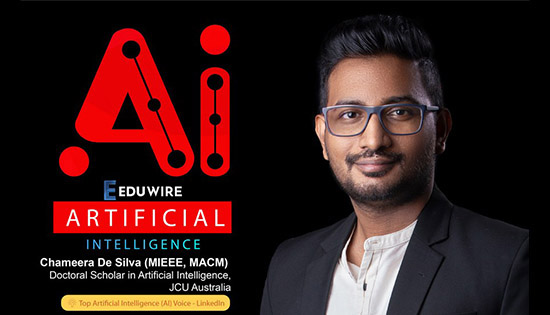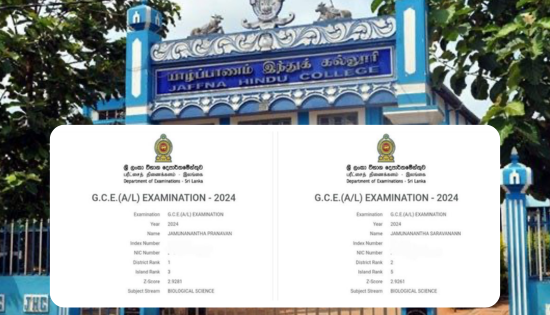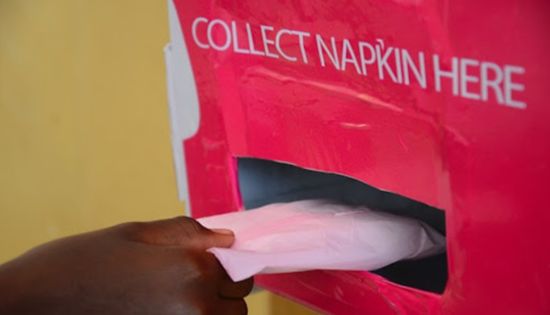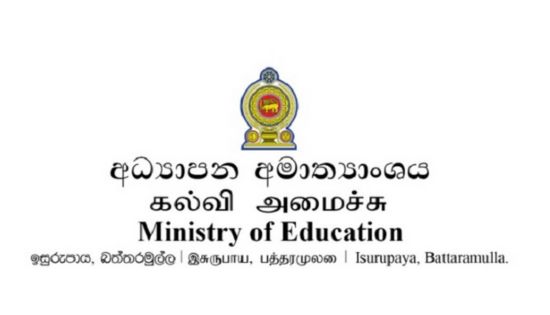Blockchain in Education
Revolutionizing Credentialing and Verification

Blockchain technology is revolutionizing the field of education, offering new possibilities for securely storing and verifying academic credentials. By leveraging the decentralized and immutable nature of blockchain, educational institutions can streamline credentialing processes, combat fraud, and provide students with greater control over their academic records.
One of the key benefits of blockchain in education is its ability to provide a secure and tamper-proof way to store academic credentials. Traditionally, academic records are stored in centralized databases that are vulnerable to hacking and manipulation. Blockchain technology, however, uses cryptography to ensure that once a record is added to the blockchain, it cannot be altered or deleted without the consensus of the network.
Blockchain also offers greater transparency and trust in the credentialing process. Employers and educational institutions can verify the authenticity of a credential by accessing the blockchain, eliminating the need for intermediaries and reducing the risk of credential fraud. This can be particularly beneficial for students who have earned credentials from institutions that may not be well-known or reputable.
Another advantage of blockchain in education is its ability to provide students with greater control over their academic records. With blockchain, students can store their credentials in a digital wallet and share them with employers or other institutions as needed. This eliminates the need for paper transcripts and allows students to easily access and manage their records throughout their academic and professional careers.
Blockchain technology is also being used to create digital badges and micro-credentials, which can provide a more granular and up-to-date view of a student’s skills and achievements. These digital credentials can be easily shared and verified, allowing students to showcase their abilities in a more dynamic and comprehensive way.
Despite the many benefits of blockchain in education, there are challenges that need to be addressed. For example, there are concerns about the scalability of blockchain networks and the potential for high energy consumption. Additionally, there are questions about the standardization of blockchain-based credentials and how they will be recognized by employers and educational institutions.
In conclusion, blockchain technology has the potential to revolutionize education by providing a secure, transparent, and decentralized way to store and verify academic credentials. As educators and policymakers continue to explore the possibilities of blockchain, the future of education looks more secure and accessible than ever before.
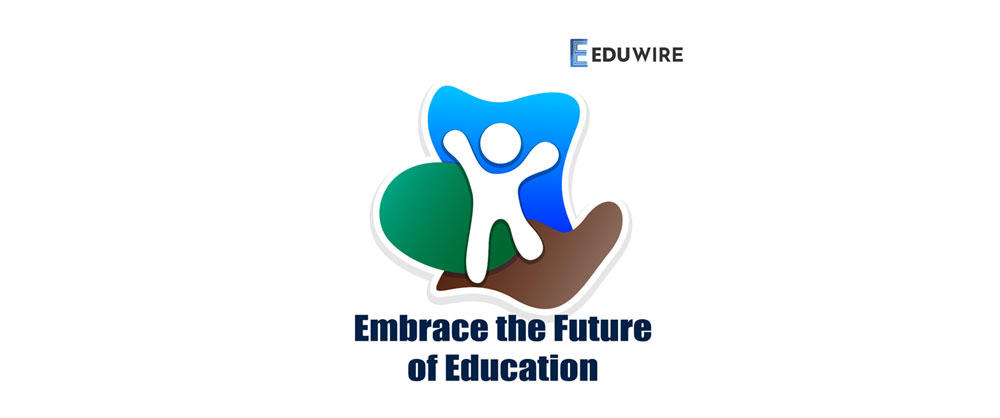
Related News
Plans underway to integrate vocational training at school level – PM
Minister of Vocational Education, Prime Minister Harini Amarasuriya, says adequate attention is not drawn towards vocational education, but moving forward, necessary action…
Read MoreBBA (Hons) – Business Management – SLIIT
Employers prefer graduates with a broad skill set over those with specialized knowledge in today's fast-paced workplace. This demand is met by…
Read MoreCelebrating Innovation in Design : Uvinya Munasinghe Wins “Bench It” 2025
The City School of Architecture is shining with pride as one of its talented students, Uvinya Munasinghe, nailed the top spot in…
Read MoreSanitary pads for schoolgirls : announcement from Education Ministry
The 2025 programme to distribute sanitary pads to schoolgirls in Sri Lanka will be implemented exclusively through four commercial entities, the Education…
Read MoreApplication for Grade 1 Admission in Govt Schools 2026
Today, the Ministry of Education announced the release of instructions regarding the admission process for Grade One students in State schools for…
Read MoreCourses
-

IMC – Bachelor of Psychology
IMC Education Overview IMC Campus in partnership with Lincoln University College (LUC) Malaysia offers Bachelor of Psychology Degree right here in Sri… -

ANC – BA (Hons) International Business Management (Top-Up)
ANC Education Overview Designed in partnership with public and private business organizations, this program develops one’s ability to critically evaluate business models… -

IIT – BSc (Hons) Computer Science
IIT Campus Overview BSc (Hons) Computer Science provides a solid foundation and training regarding the fundamentals of the computer science field, along… -

APIIT – BSc (Hons) Cyber Security
APIIT Sri Lanka Overview Our BSc (Hons) Cyber Security award is designed to launch your future career in the protection of software… -

ICBS – BSC (Hons) Business Management with Marketing Management
ICBS Overview The BSc (Hons) Business Management with Marketing program, awarded by Queen Margaret University (QMU), is a highly regarded degree that… -

UTS – Diploma of Science
UTS College Sri Lanka Overview The Diploma of Science is designed to empower you to apply scientific thinking and analysis to important… -

CSA – Master of Architecture and Environmental Design
City School of Architecture Overview The Master of Architecture and Environmental Design Degree at CSA is awarded by the University of the… -

APIIT – BSc (Hons) International Business Management
APIIT Sri Lanka Overview Increasingly businesses are becoming more and more international. This requires business management professionals to have knowledge, skills and… -

IIT – BSc (Hons) Artificial Intelligence And Data Science
IIT Campus Overview The BSc (Hons) Artificial Intelligence and Data Science course is awarded by Robert Gordon University (RGU) in the UK… -

ICBS – International Degree Foundation in Business / IT
ICBS Overview The Scottish Qualification Authority (SQA) is a globally recognized organization dedicated to education and qualification development. SQA is responsible for… -

APIIT – BA (Hons) Finance and Business Enterprise
APIIT Sri Lanka Overview Finance and accounting are no longer just about taxation and the management of financial capital. This award will… -

APIIT – MBA General
APIIT Sri Lanka Overview The MBA is awarded by Staffordshire University, UK. This award is an advanced course of study in management… -

ANC – LLM in International Business & Commercial Law
ANC Education Overview This course is designed for graduates of law, business and finance in a legal or a corporate job role… -

AOD – BA (Hons) Fashion Design and Marketing
Academy of Design Overview The syllabus is from the UK’s Northumbria University, as one of their most revered flagship programmes and is… -

APIIT – MSc. Marketing Management
APIIT Sri Lanka Overview This MSc Marketing Management degree – awarded by Staffordshire University, UK is an advanced course of study in…
Newswire
-

Police slams Irresponsible Media Coverage of Seatbelt Regulations
ON: July 5, 2025 -

Over 5,000 Dengue Risk sites identified
ON: July 5, 2025 -

“Reincarnation of the Dalai Lama Is Not Any Individual’s Call”
ON: July 5, 2025 -

Perpetual Treasuries suspension extended
ON: July 5, 2025 -

18 injured after fire alert on Ryanair plane (Video)
ON: July 5, 2025




